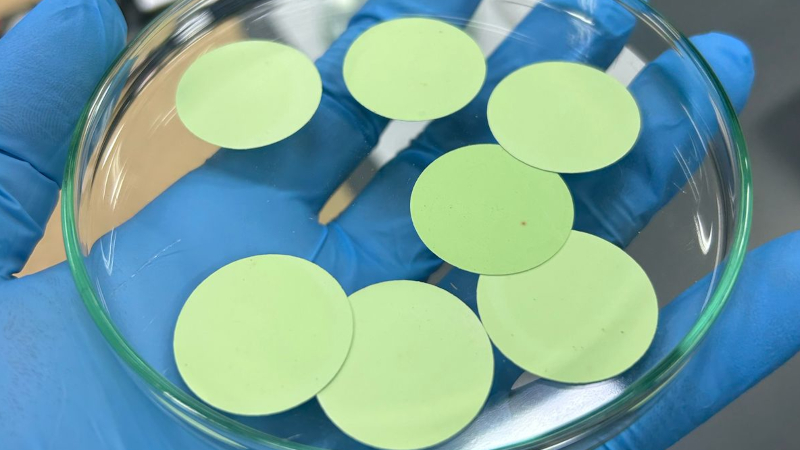
Study observed accumulation of plastic on Trindade Island, Brazil’s easternmost territory, precisely in the depressions where turtles lay their eggs and hatchlings are born.
Parents’ alcohol and drug use influences their children’s consumption, research shows
Combining acceptance and monitoring in the education of young people reduces the risk of repeating consumption patterns, even in families where parents also use these substances, including cigarettes, vapes, and marijuana.
Childhood obesity causes early vascular damage, according to a study of children in São Paulo (Brazil)
Research conducted with 130 children between the ages of six and 11 showed that inflammation associated with obesity and being overweight affects the functioning of the endothelium – the layer that lines blood vessels – paving the way for diseases such as atherosclerosis, heart attack, and stroke.

Babies exposed to poverty show delays in motor development as early as six months
Analyses conducted by researchers at the Federal University of São Carlos showed that the condition can be easily reversed through simple stimuli and strategies, reinforcing the need for programs aimed at this population.
Iron nanoparticle eliminates tuberculosis in mice and may pave the way for new treatments
Research from São Paulo State University shows that an inexpensive, easy-to-produce substance eliminated lung infection in 30 days. The compound has the potential to reduce the time and toxicity of current therapies.
Living in a favela influences how people move around the city
Research using mobile phone data indicates that the living condition reduces the variability of daily movements.
Innovative approach achieves good results in degrading pharmaceutical contaminants in water
A study supported by FAPESP tested using high-energy sparks to degrade pollutants without generating waste.

Brazil has the capacity to develop its own state-of-the-art fuel cell technology
Funded by FAPESP, the Center for Innovation on New Energies has already produced 100% Brazilian prototypes, reducing dependence on foreign suppliers.
Technology promises to mitigate losses due to flaws in the finishing of mechanical components
Software developed by a FAPESP-supported startup simulates complex industrial processes and promises to reduce costs in sectors ranging from aviation to wind energy.
Osteoporosis drug shows potential against diseases caused by excess iron
In a preliminary study conducted on human cells, two commonly used osteoporosis drugs bound to excess iron, preventing cell damage.
More than 3 million people live in precarious areas in the São Paulo Metropolitan Area
Research by a FAPESP-supported center indicates that the favela formation process is ongoing but slowing down.










